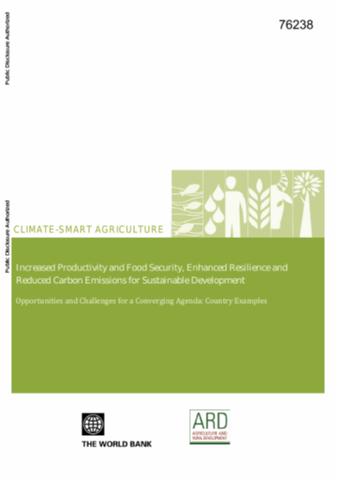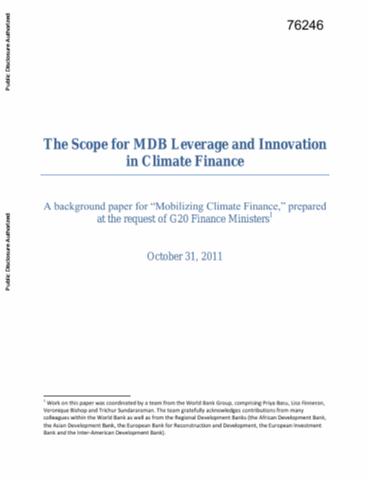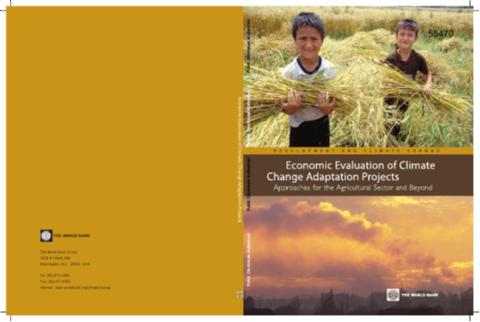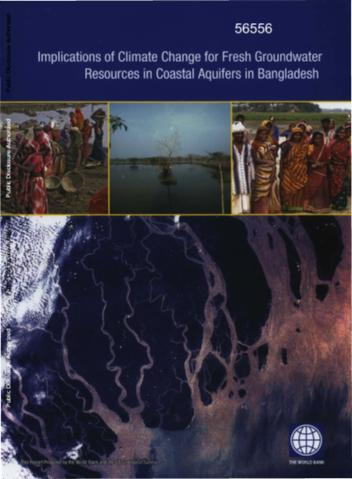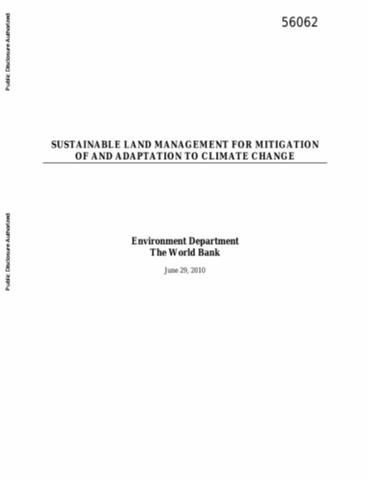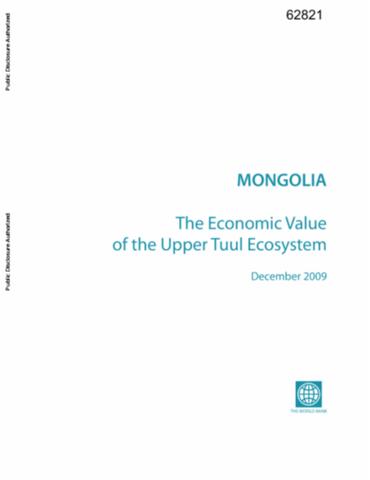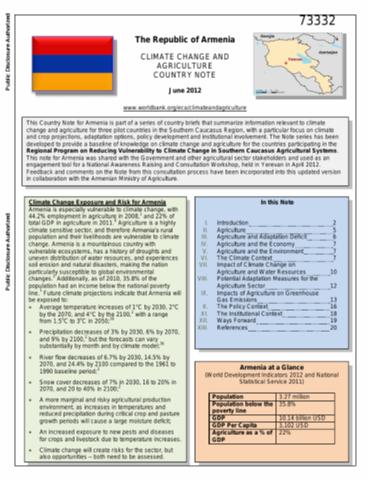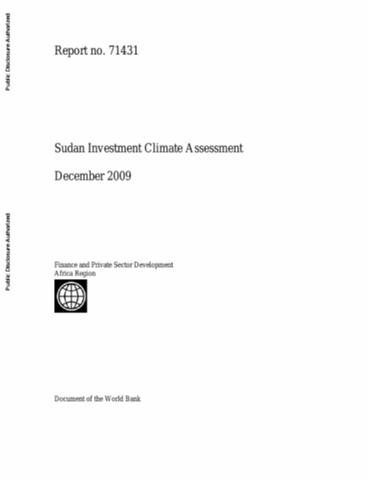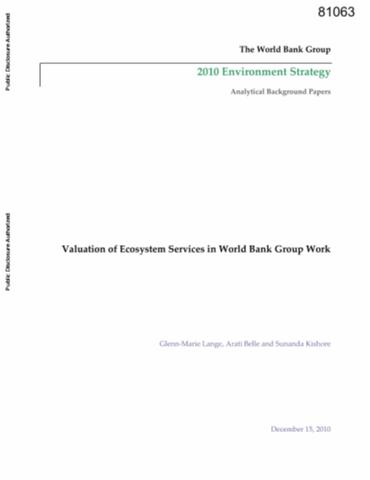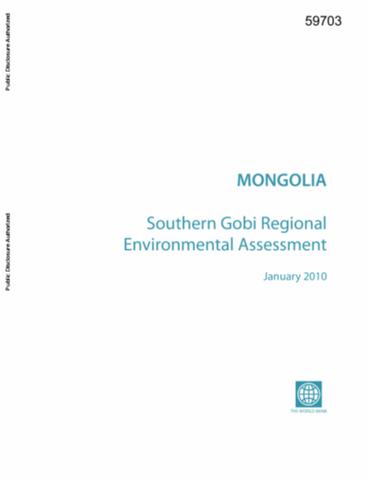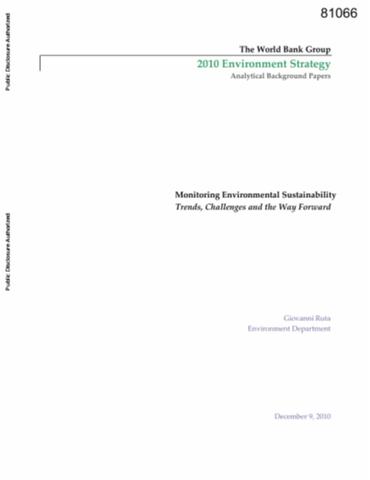Increased Productivity and Food Security, Enhanced Resilience and Reduced Carbon Emissions for Sustainable Development
The purpose of this paper is to summarize the challenges and the practical successes that a selected number of countries are experiencing in moving towards 'climate-smart' agriculture while also meeting the food requirements of a growing population, broader economic development and green growth objectives. It complements papers prepared in 2010 on technologies and policy instruments, research, and farmers' perspectives.

